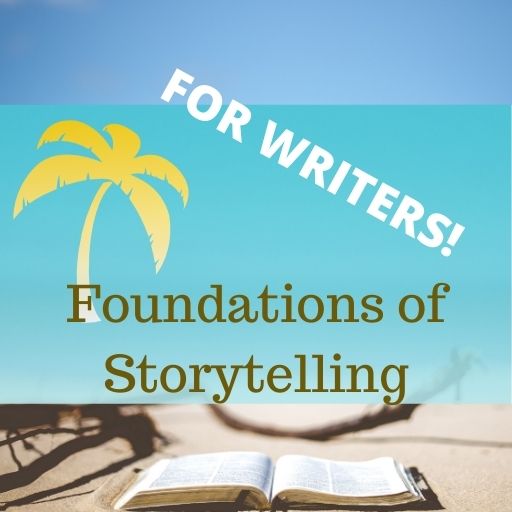Moving from Nonfiction to Fiction
A question I’m often asked by writers is if moving from nonfiction to fiction is even possible.
As a story development editor, I have had a number of coaching clients over the years and almost all of them have been established nonfiction writers who are honing their fiction-writing skills. So, you can imagine their most common questions have to do with making this leap.
Tips for Writers Moving from Nonfiction to Fiction
Fiction and nonfiction writing have a lot of similarities, but it’s the differences that can be most nettlesome. Here are my thoughts on things to consider about making such a transition:
Your past experience doesn’t matter much to agents and editors except as evidence that you are a professional (which is good but in itself isn’t sufficient to interest them in your work).
Focus on getting the fiction chops you need to succeed. You have to be all in. Nonfiction writers often sell based on queries and proposals, but novelists (especially for the first few books) have to write the complete manuscript and polish it to perfection before they can generate interest. (Obviously, I’m talking about traditional publishing here, but even if you’re self-publishing, to succeed, you have to be committed to the project in a wholehearted way.)
You have to read and respect the genre you’re writing in. There’s a misconception among non-novelists that you can make a lot of money as a romance writer (or an erotica writer or a fill-in-the-blank). Sure, some people have lots of success in these genres, but you can’t pick a genre just because you think you could make some money. You have to read the genre, understand what it’s about it, and like it in order to successfully write it.
You have to keep an open mind. Just because you’re an established professional in one field doesn’t mean you don’t have a lot to learn in another. Educate yourself, read, and be an empty vessel instead of a know-it-all.
Your colleagues are still your best go-to group. Even if your nonfiction buddies don’t write fiction, they may be willing to act as first readers or be able to connect you with someone who can help.
Remember:
- You have skills and tools that someone else just starting out doesn’t have.
- You’re a media professional.
- You know how to use words.
- You aren’t going to burst into noisy tears at the first sign of criticism.
- You know how to research (and how to stop so you can write the darned thing).
- You know how to focus.
- You have discipline.
All of these elements are crucial to writing fiction, too.
Tips for Editors & Writers
-
Editing for Character Development
When you’re editing for character development, keep in mind that even small changes have ripple effects throughout the entire manuscript. So any changes you suggest need to be important, or else you’re asking the author to do a lot of work for little reward. For example, sometimes I’ll see editors suggest things like, “Hey, you…
-
Editing for Character Consistency
Because writing a novel manuscript takes place over a long period of time, character inconsistencies can crop up. Maybe in Chapter 1 the author says that Joe has never been in trouble with the law but in Chapter 12 he has a history as a felon. As the editor it can sometimes seem puzzling to…
-
10 Things a Developmental Editor Looks for in an Edit
A fiction editor looks for specific concerns in a manuscript. The following checklist can help you understand the basic story problems you may encounter as developmental editor. #1 Is this a type of genre fiction? If so, does it conform to genre requirements/expectations? If it is genre fiction but does not conform to expectations, is…
Join the Club!
New to story editing? Begin at the beginning.




